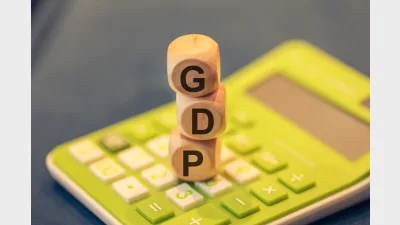State Street confidence index falls 3.4 points in October


The State Street Investor Confidence Index (ICI) fell to 84.4 in October, down 3.4 points from September’s revised reading of 87.8, as confidence waned among European investors.
Confidence among European investors waned, with the European ICI decreasing from 100.2 to 90.9. The North American ICI declined by 2.6 points to 81.8, while the Asia ICI dropped 0.3 points to 99.6, State Street said.
The ICI measures investor confidence or risk appetite quantitatively by analysing the actual buying and selling patterns of institutional investors. The index assigns a precise meaning to changes in investor risk appetite: the greater the percentage allocation to equities, the higher risk appetite or confidence, the firm explained.
A reading of 100 is neutral – it is the level at which investors are neither increasing nor decreasing their long-term allocations to risky assets. The index differs from survey-based measures in that it is based on the actual trades, as opposed to opinions, of institutional investors, State Street said.
“As major stock indices were hitting record highs near summer’s end, there were signs that institutional investors were reducing risk exposure,” said Kenneth Froot of State Street Associates, one of the developers of the index.
“As we’ve progressed into fall, equities have declined further as the VIX has doubled. In the US, this month’s sell-off erased all 2018 year-to-date equity market gains, and amid concerns about high valuations and whether earnings may have peaked, some market participants seem to be anxious over a prolonged period of risk aversion.”
Michael Metcalfe, head of global macro strategy at State Street Global Markets, said that the sharp downgrade in the index recorded in September was one of the few early warning signs of the ensuing market turbulence that has followed.
“Confidence has fallen further in October and is more widespread, especially in Europe where not only are political risks rising, but growth is disappointing too,” he said.
“The main difference this month is that the Investor Confidence Index is no longer alone in pointing to potential vulnerabilities; business and consumer confidence are also beginning to wobble too.”
Recommended for you
Economic growth was weaker than expected, once again highlighting an economy largely sustained by population growth and government spending.
In this latest edition, Anna Shelley, CIO at AMP, shares the fund’s approach to current market conditions and where it continues to uncover key opportunities.
The mega fund has announced a $2.2 billion investment in a leading data centre platform, bringing its global real assets portfolio to nearly $60 billion.
In this latest edition, Australian Retirement Trust’s head of global real assets Michael Weaver explains the fund’s approach to finding new opportunities as it surpasses $300 billion in funds under management.












